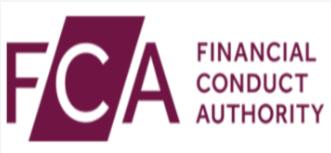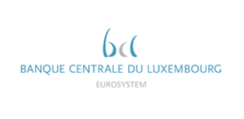The Bank of Thailand issues the Consultation Paper on Virtual Bank Licensing Framework
In February 2022, the Bank of Thailand (BOT) issued the Financial Landscape Consultation Paper on Repositioning Thailand’s Financial Sector for a Sustainable Digital Economy. The objective is to ensure that the financial sector has a prominent role in supporting Thailand’s transition toward digital economy and sustainable development.
Today, the BOT issues the Consultation Paper on Virtual Bank Licensing Framework to introduce virtual banks as new financial service providers. These players should possess expertise in technology, digital services, and data analytics. Virtual banks are to offer financial services with new value proposition through digital channels while having lower staff and bank branch costs. They should better serve specific needs of the customers and offer a full range of products. In particular, they should facilitate the access to financial services at reasonable prices for the underserved and unserved segments of retail and small-and-medium-enterprise (SME) customers.
The BOT expects that virtual banks would operate in a sustainable manner to ensure responsible innovation. Virtual banks should not initiate a race to the bottom through irresponsible lending, give preferential treatment to related parties, nor abuse dominant market position which will pose risks to financial stability, depositors, and consumers as a whole. The BOT therefore sets the following licensing framework for virtual banks.
(1) Virtual banks may provide full-service banking businesses to be flexible and accommodate changing customer needs.
(2) Virtual bank applicants must meet appropriate qualifications. These include possessing business models that can sustainably achieve the above objectives, as well as having expertise in technology, digital services, and data.
(3) Virtual banks shall comply with the same regulations and supervision as traditional commercial banks. The BOT shall supervise virtual banks in a risk-proportionate manner, placing great importance on robust corporate governance, sound risk culture, IT system continuity, efficient customer support via digital channels, and appropriate outsourcing services.
(4) Virtual banks shall go through a restricted phase during the initial years of operation. During this period, virtual banks shall be subject to specified conditions as well as to close monitoring to ensure sustainable business operations without posing systemic risks.
For virtual banks in Thailand to achieve the objectives above and truly serve financial sector’s needs, the BOT invites comments and suggestions on the proposed framework by 12 February 2023. Responses can be submitted via the BOT website or email virtualbank@bot.or.th. The BOT will consider and incorporate these responses into the design of licensing regulations for virtual banks accordingly.























































First, please LoginComment After ~